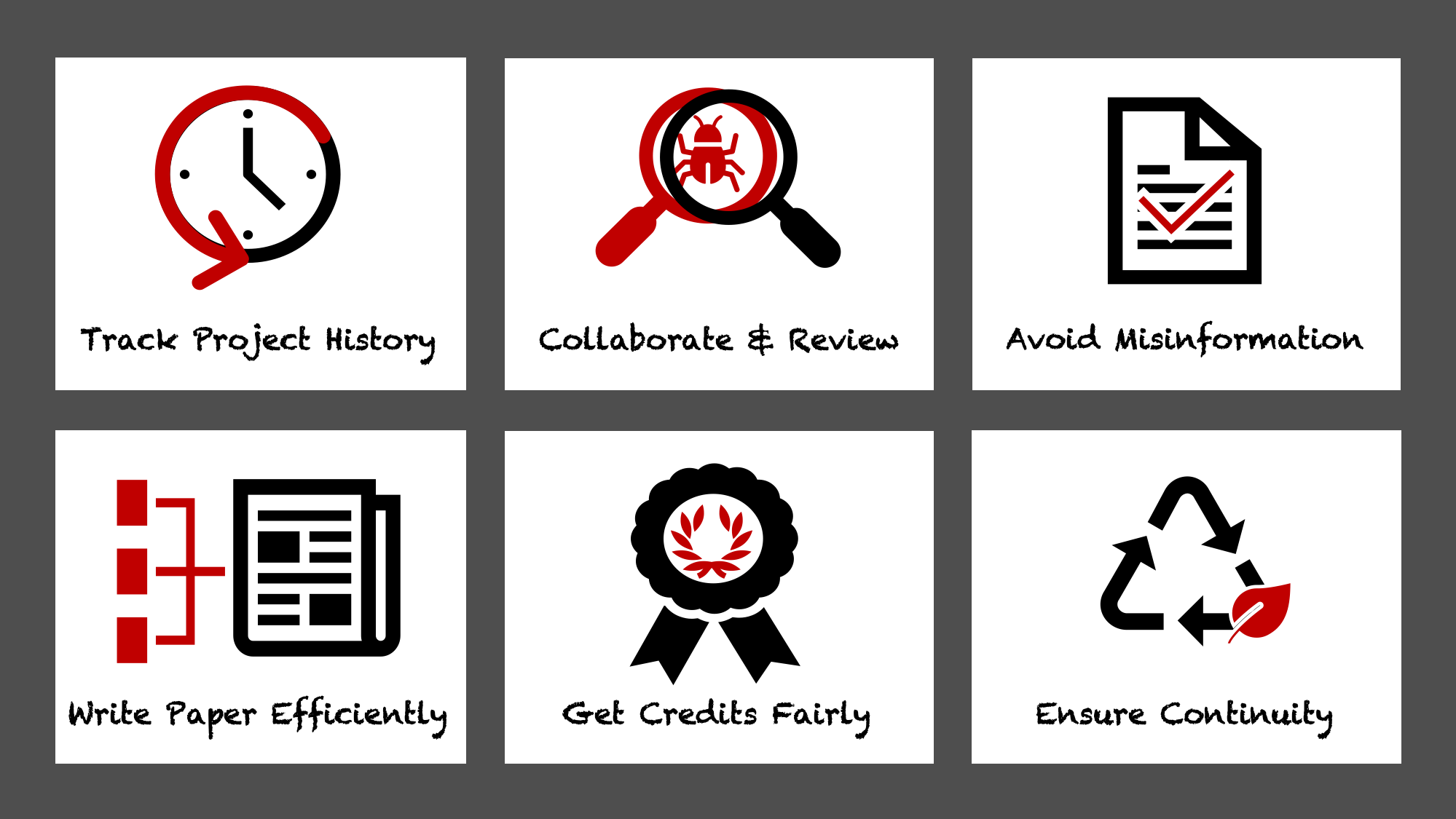Schools of Research Data Science
CODATA-RDA
Marcela Alfaro Córdoba, Ph.D.
Introduction
What are we going to talk about?
- Discuss workflows for academic publishing
- Connect those workflows with the tools you are going to learn in this school
- What is ORCID and why you need one.
Workflows
- What’s your workflow?
- If you could describe your workflow for Discovery - Analysis - Writing - Publication - Outreach - Assessment, how would it look like? Draw one and have it ready to share.
- In pairs: how does your workflow look like compared to your peers? Have a discussion about the differences, advantages and disadvantages.
Reproducible Reports
Reproducible Reports
What changed?

Research products
Why do we want to work on repro-mode?

https://the-turing-way.netlify.app/build/reasons-reproducibil-3050e052448980d50eeb79fd647a9044.png
Which tools can be used for ensuring reproducibility?
- Rmarkdown - Quarto
- Version control (git with GitHub, GitLab, BitBucket)
- R or Python (open source)
- JSON, csv, or any other generic formats for data
- Any others?
What is the relationship with SoRDS?
- Version control (git with GitHub, GitLab, BitBucket)
- R or Python (open source)
- JSON, csv, or any other generic formats for data
- Reproducibility will be a common topic for all the 8 weeks: ML, NN, Visualization, Inf Security and Computational Structures
ORCID
- What is ORCiD and why do you need one?
- Watch this video
- How to create your ORCiD?
- We recommend you to create one now, it will make your publication process easier.
